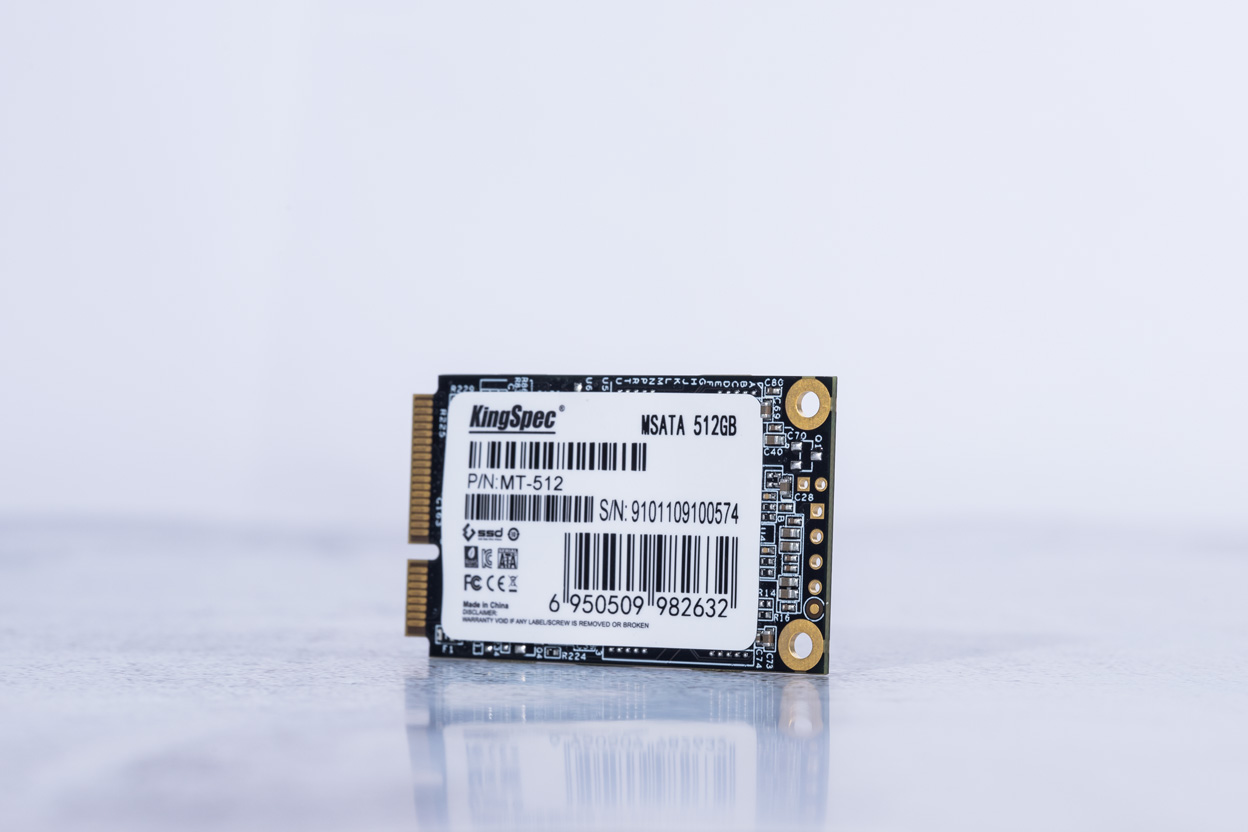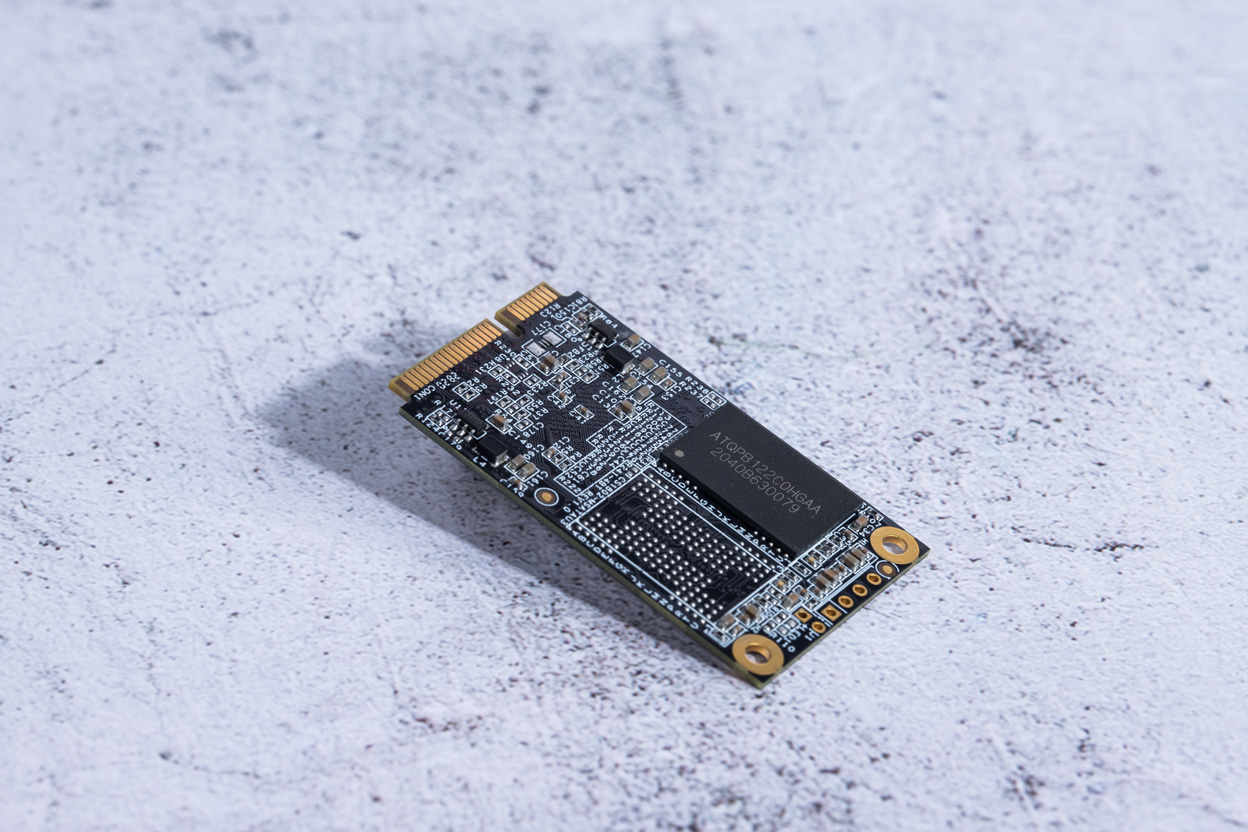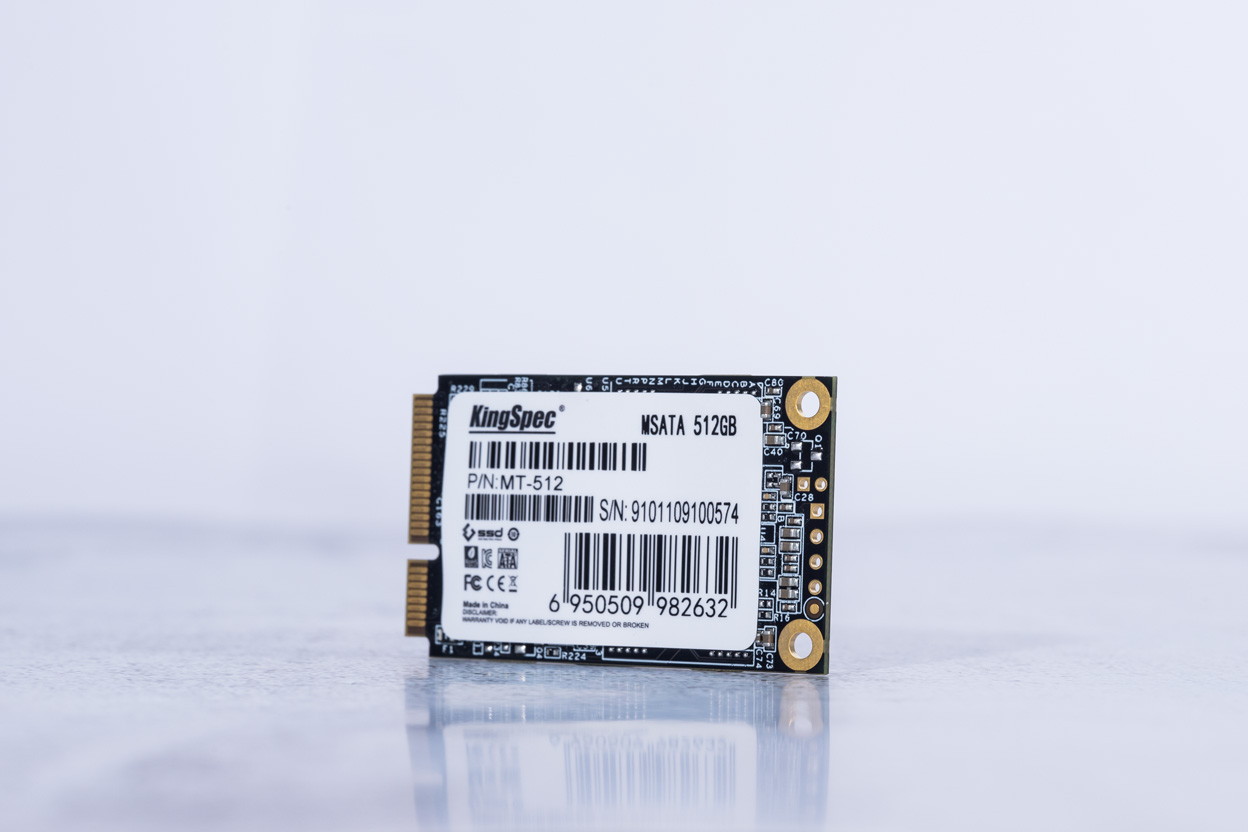When buying a laptop, one of the most important decisions students face is choosing the right storage drive. With technology evolving quickly, the laptop market is shifting from traditional Hard Disk Drives (HDDs) to Solid-State Drives (SSDs). The reason for this transition is clear—SSDs offer several advantages that make them the preferred choice for students and professionals alike. In this article, we’ll explore why SSDs are becoming more popular, their advantages, and why they might be the best choice for students.
1. Why SSDs are Better for Students
1.1 Enhanced Speed and Performance
One of the most significant advantages of SSDs over traditional HDDs is speed. SSDs are far more responsive, allowing for faster boot times, quicker file transfers, and a smoother overall experience when using applications. For students, this translates into less waiting time when opening large documents, running programs, or multitasking between apps.
1.2 Longer Battery Life
Laptops with SSDs tend to consume less power compared to those with HDDs. Since SSDs don’t have moving parts, they require less energy to operate. This leads to longer battery life, which is especially beneficial for students who spend long hours studying or working on projects away from a power outlet.
1.3 Durability and Reliability
SSDs are more durable than HDDs because they don’t have moving parts, which means they are less likely to be damaged if dropped or jostled. For students constantly on the go, this makes SSDs a safer option to protect important data.
2. The Downsides of SSDs
While SSDs offer impressive advantages, there are a few drawbacks to consider, particularly for students on a budget.
2.1 Higher Price per GB
The main disadvantage of SSDs has always been their price. SSDs cost more per gigabyte than HDDs. As a result, many laptops with SSDs offer less storage space compared to those with traditional hard drives. For example, a laptop with a 256GB SSD might cost the same as one with a 1TB HDD, offering four times the storage capacity for the same price.
However, as Flash memory prices have decreased over the years, SSDs have become more affordable, and many students now opt for them due to their performance benefits.
2.2 Limited Storage Space
Even though SSDs are becoming cheaper, storage capacity may still be a concern for students who need to store large files, such as videos, photos, and software. While a 1TB HDD offers ample space for most students, a 256GB SSD may fall short, forcing users to either upgrade to a larger SSD or rely on cloud storage solutions.

3. Alternatives to SSDs: eMMC and HDD
Not all laptops use SSDs or HDDs. Some affordable laptops, particularly those designed for light tasks, come with eMMC storage. eMMC (embedded MultiMediaCard) is a flash storage technology commonly found in smartphones and tablets. It is usually available in 32GB or 64GB capacities, which is enough for basic use, such as browsing the web or word processing. However, eMMC storage is much slower than SSDs and may be inadequate for students who need more storage for heavy applications.
HDD vs SSD:
Traditional HDDs are still used in many budget laptops. They offer large storage capacities at a lower price but suffer from slower speeds and are more susceptible to mechanical failure due to moving parts.
Which Storage Type Is Best for You?
SSD: Best for students who prioritize speed, battery life, and durability and are willing to pay a premium for these benefits. SSDs are ideal for general use, including web browsing, word processing, and working with applications like Microsoft Office or Adobe Creative Cloud.
HDD: If you need more storage for a budget-friendly price and don't mind a slower experience, an HDD may be a good option. It’s ideal for students who need to store large files, like movies, games, or massive project files.
eMMC: A good option for light users or students on a budget who don’t require a lot of storage or speed for their daily tasks.
4. Cloud Storage: A Convenient Solution
For students facing storage constraints, cloud storage is an excellent solution. Services like Google Drive, Dropbox, and OneDrive allow you to store files online, freeing up space on your local drive. With an SSD and cloud storage, you can easily access files from multiple devices, including your laptop, smartphone, or tablet, without worrying about running out of space.
5. Final Thoughts: What Is the Best Laptop Drive for Students?
Choosing between an SSD, HDD, or eMMC depends on your specific needs and budget. If you prioritize speed, battery life, and reliability, an SSD is the clear winner. However, if you need more storage space at a lower cost and are okay with slower speeds, an HDD may be the way to go. For students with lighter storage needs, eMMC offers a budget-friendly option.
In the long run, the benefits of an SSD far outweigh the downsides, making it an excellent choice for most students who need performance and portability.

6. About Us: KingSpec Electronics
Shenzhen KingSpec Electronics Technology Co., Ltd. was established in 2007. Over the years, KingSpec has become a leader in the design, development, and manufacturing of SSD products. We’ve partnered with major companies such as TCL, ASUS, Lenovo, and more, ensuring high-quality and reliable products for our clients.
If you're looking for a trusted provider of solid-state drives for your laptop, KingSpec is your go-to solution. For more information or inquiries, don't hesitate to contact us!
























